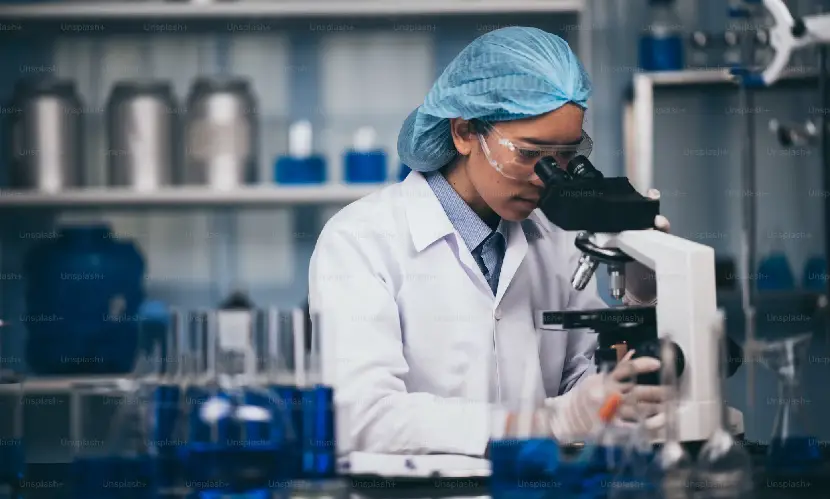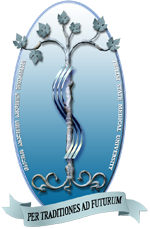
Bachelor’s Educational Program in Pharmacy in Tbilisi State Medical University
Tbilisi State Medical University (TSMU) offers a variety of programs in the field of healthcare, including pharmacy courses. The Pharmacy program at TSMU is designed to equip students with the knowledge and skills necessary to become competent professionals in the pharmaceutical industry. Students in this program will typically undergo both theoretical learning and practical training, including internships in pharmacies or hospitals. Upon successful completion of the program, graduates are prepared to work as pharmacists, in pharmaceutical research, or in various healthcare roles.
More Details
Tag: Health Care, Medical Education, Patient Care.
Title of the Educational Program
Qualification to be awarded
Program Volume/Credits
Duration of the Program
Language of the Study
Annotation of the program
The Pharmacy Bachelor`s education program maintains a balance between basic, social, pharmaceutical and medical study courses, with special attention being paid to the acquisition of practical skills. The curriculum is drawn up based on the experiences of developed countries. After completing the first level of education, the student passes an integrated exam in integrated module of Pharmacy and is awarded the academic degree of Bachelor of Pharmacy. He/she can work in practical pharmacy or continue his studies in a master's degree.
Duration of the Pharmacy Bachelor’s program is 4 years, i.e 8 semesters and includes 240 ECTS credits:
- 104 credits – basic and general-transfer study courses, among them,
- 48 credits – basic medical study courses,
- 40 credits – general study courses,
- 11 credits – Georgian Language,
- 5 credits – scientific research oriented study courses.
- 94 credits – professional study courses;
- 12 credits - elective study courses;
- 30 credits – Integrated module of Pharmacy
Aims of the Educational Program
Requirements/Prerequisites to the Program
Enrollment in the program is carried out by the Ministry of Education and Science of Georgia in accordance with the rules established by law on the basis of Order N244 of December 29, 2011.
Learning Outcomes
Knowledge and understanding
- Knowledge of basic and biomedical study courses and critical understanding of knowledge in pharmaceutical study courses;
- Knowledge of profile study courses to work out the pharmaceutical activity;
- Knowledge of importance of pharmaceutical raw materials, production, analysis, standardization for effective, safe and high quality pharmacotherapy.
Skills
- Manufacture and serial production of medical raw materials, substances, pharmaceuticals.
- Analysis of Medical Raw Materials, Substances, Analysis of pharmaceuticals, Quality Control, Standardization, ChemicalToxicological Analysis;
- Data collection during the implementation of pharmaceutical activity, critical analysis, and drawing grounded conclusions. Preparing / presenting reports on ways to solve emerging problems using information and communication technologies;
- Implementation of a research or practical project based on predefined guidelines and analysis of information in the scientific literature.
Responsibility and Autonomy
- Understanding his / her place, role and responsibility in professional activities, participating in the establishment of new standards for the production, quality control, distribution, pharmaceutical care and rational pharmacotherapy of medicines;
- Based on objective assessment of his / her own knowledge and skills, independently identifies and plans the need for learning for continuous professional development.
Areas of Employment
Based on the acquired knowledge and skills, Bachelor of Pharmacy can employ within the scope of competence:
- in the healthcare system;
- in pharmaceutical company;
- in scientific research institute;
- in pharmaceutical enterprise;
- in the laboratory of the medicines quality assurance, forensics bureau;
- in pharmaceutical bases;
- in pharmacy;
- in chemical reagents and medical equipment facilities.


